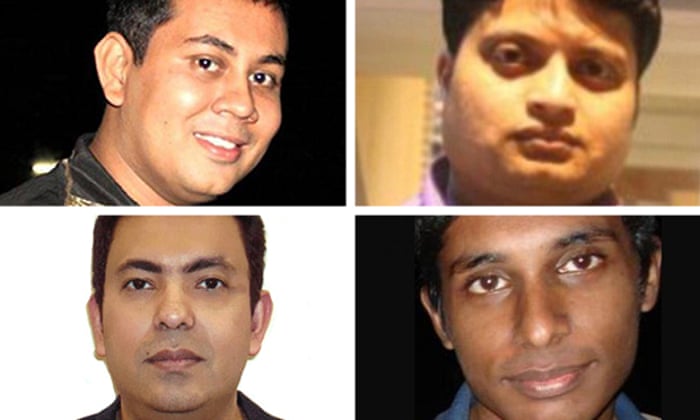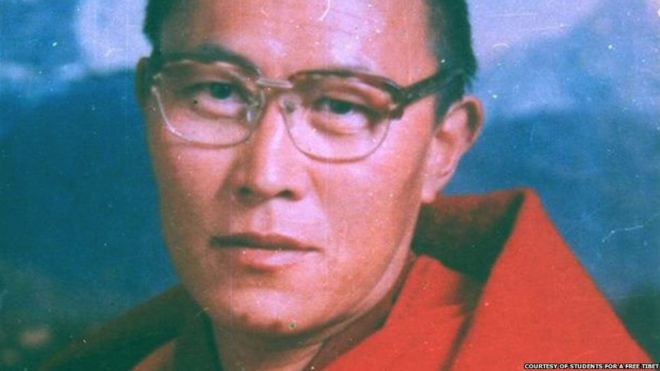By Christine Khamis
Impunity Watch Reporter, Asia
DHAKA, Bangladesh –
Three men believed to be involved in the murders of secular bloggers in Bangladesh were arrested during a raid in Dhaka on Monday.
Four secular bloggers have been killed this year, including Avijit Roy and Ananta Bijoy Dash, who wrote for a website called Free Mind. Mr. Roy spoke out against religious extremism and formed a network of atheist bloggers in Bangladesh and abroad. Both Mr. Roy and Mr. Dash were hacked to death by machete.

Commander Mufti Mahmud Khan, spokesman for Bangladesh’s Rapid Action Battalion, a police unit, stated that the three suspects are believed to be members of the Islamic organization Ansarullah Bangla Team, which has been banned in Bangladesh. The group was banned in May after it was accused of threatening and killing bloggers and writers.
Muhammad Jasimuddin Rahmani is the leader of Ansarullah Bangla Team. He is currently in prison for his murder of another blogger, Ahmed Rajib Haider, in 2013. It is believed that one of the suspects arrested in Monday’s raid, Sadek Ali, visited Mr. Rahmani in prison to receive instructions for the bloggers’ murders.
Another of the accused men, Tawhidur Rahman, is a British citizen of Bangladeshi origin. He moved back to Bangladesh in 2012 and joined Ansarullah Bangla Team because he was inspired by Mr. Rahmani’s philosophy. Mr. Rahman is believed to have planned the killings of Mr. Roy and Mr. Dash.
The third suspect, Aminul Mollick, worked at a passport office and made fake passports so that members of the Ansarullah Bangla Team could leave the country if needed.
Bangladeshi authorities have been criticized for their failure to prevent the killings and for their slow place in their investigation of the killings. Imran H. Sarker, head of the Blogger and Online Activist Network in Bangladesh, has stated that many are wondering whether the government is supporting the criminals killing the bloggers. Bangladesh’s top police official has denied accusations that police officers sympathize with the killers and are purposely delaying their investigations of the murders.
About a decade ago, a group of mostly atheist Bangladeshi bloggers started speaking out against Islamic and other religious groups online. While the bloggers became popular with secular Bangladeshis, their online posts drew the anger of the Muslim population in Bangladesh.
While most Bangladeshis are Muslims, Bangladesh is ruled by laws based on British common law. Religion-based political parties in Bangladesh have sought the establishment of blasphemy laws to protect their faith, while bloggers have called for those parties to be banned.
In 2013, Hefajat-e-Islam, a body of Islamist groups, submitted a list of 84 atheist bloggers to the Bangladeshi government, demanding their arrest and trial under blasphemy laws. Hefajat-e-Islam also set in motion mass protests calling for the execution of those bloggers, and attacks against the bloggers began occurring.
In the past two and a half years, five atheist bloggers and five secular activists have been killed in similar machete attacks in Bangladesh.
For more information, please see:
Al Jazeera – Bangladesh Arrests Suspects in Blogger Murders – 18 August 2015
The Guardian – Bangladesh Arrests Three Men Including Briton Over Murders of Secular Bloggers – 18 August 2015
The New York Times – Bangladesh Arrests 3 Men in Killings of Secular Bloggers – 18 August 2015
Voice of America – Bangladesh Blogger Killings Highlight Dangers of Speaking Out – 14 August 2015


